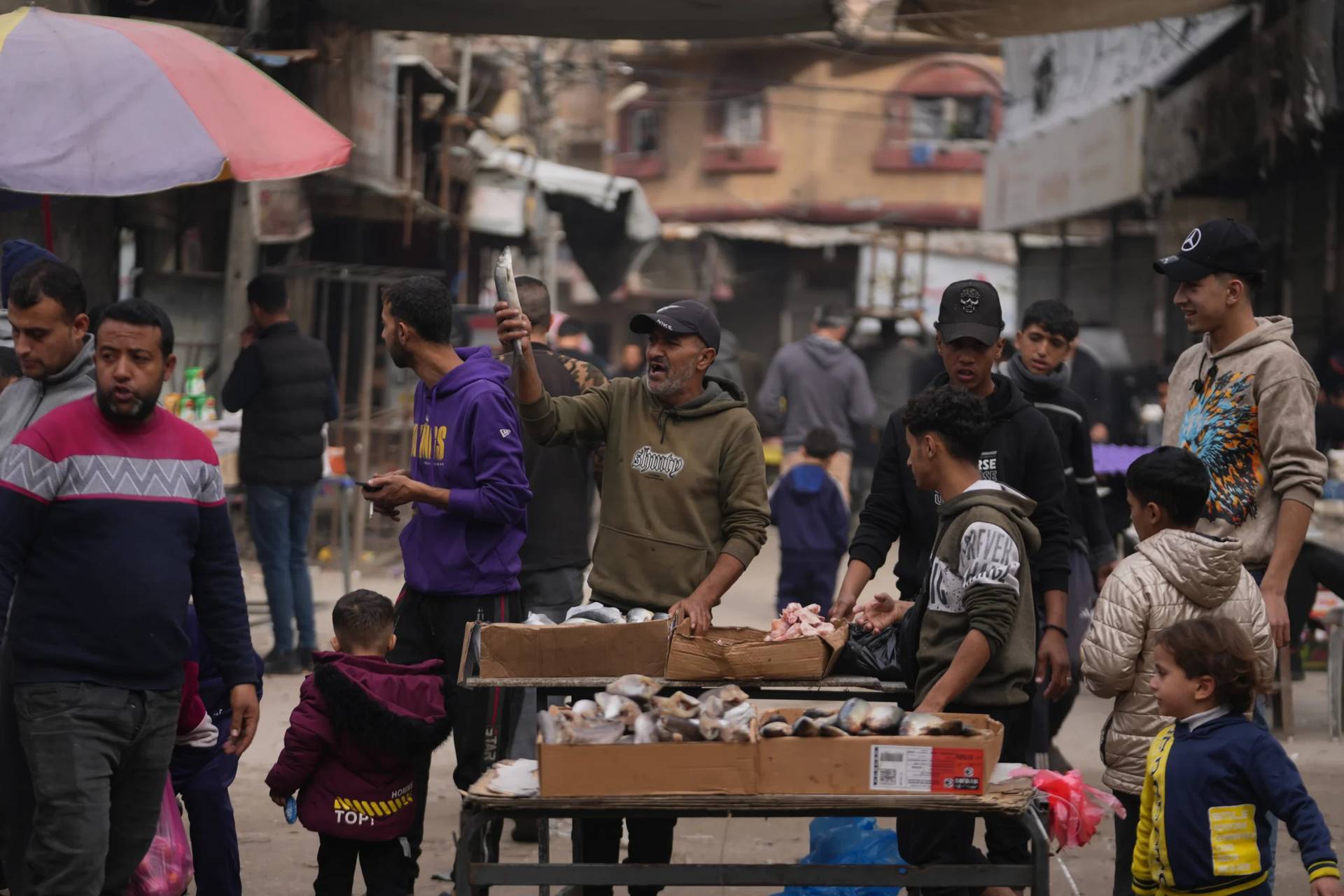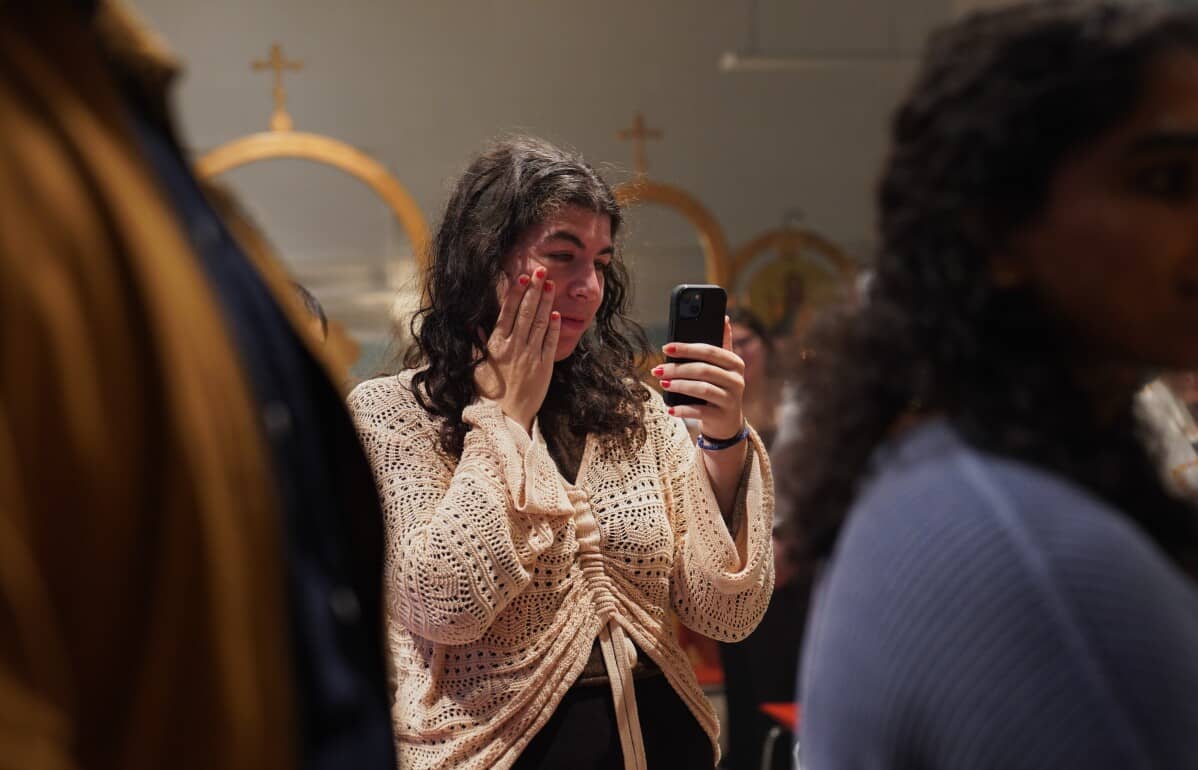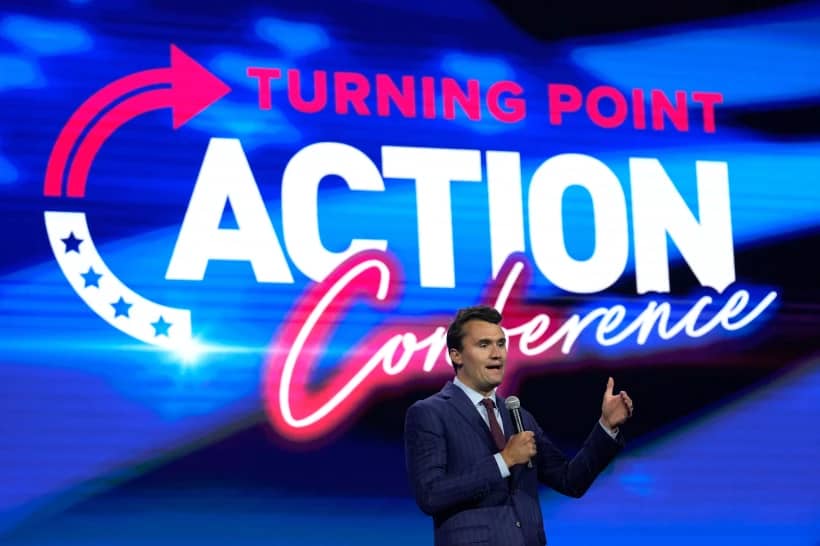WASHINGTON, D.C. — Two months before a contentious presidential campaign culminates in Election Day, Washington’s Cardinal Donald Wuerl said bishops and priests should refrain from becoming entangled in partisan politics and emphasized their roles as teachers of the faith.
The role of the clergy, Wuerl stressed, is to help shape the consciences of laity who are called to make a difference in the public square.
In an article titled “The Problems of Priest Politicians, The Urgency of Lay Leadership,” and published in the Sept. 8 Catholic Standard newspaper of the Archdiocese of Washington, Wuerl drew a clear distinction between the clergy’s role as teachers of the faith, and the laity’s role to apply their faith in the political realm “and become salt and light in our democracy.”
The archbishop of Washington – whose archdiocese includes the nation’s capital and five surrounding Maryland counties, with a flock that includes workers from all three branches of the federal government – said that the teachings of the Second Vatican Council on the proper role of clergy and the laity in the sphere of politics has been re-emphasized over the years by Saint John Paul II, Pope Benedict XVI and Pope Francis.
That teaching, Wuerl said, is underscored in the U.S. bishops’ related document, “Forming Consciences for Faithful Citizenship,” which was updated in 2015 for this election cycle. He encouraged people to read that document, which he said provides a practical guide for “moral decision making when exercising political responsibility in these challenging times.”
Warning against the pitfalls of priests endorsing candidates or parties, Wuerl wrote, “Each year in which we move toward a national election, I remind my brother priests that we are in the pulpit as proclaimers of the Gospel, not as political leaders. No one elected us as their political representative and there might be serious reason to believe they probably would not.”
“We are there to present the Word of God,” Wuerl said. “Our listeners, who come from differing political parties and have diverse ideological perspectives, have a right to hear the Gospel and the Church’s teaching on faith and morals proclaimed with fidelity, consistently and courageously and not packaged in someone’s personal, partisan political views.”
Rather than sharing their political or ideological preferences, priests are called to undertake “the very demanding and challenging role of teaching by word and example the principles of our faith,” the cardinal said. He emphasized their “efforts to preach and persuade,” and most of all, to teach, in order to help lay Catholics reflect their faith in their everyday lives.
“The clergy’s task of teaching and helping to form the consciences of the laity, as envisioned by the Council and subsequent popes, requires patience in dealing with diverse opinions, fidelity in presenting the fullness of Church teaching and perseverance in continuing to teach, to teach and to teach,” the cardinal wrote.
Wuerl said circumstances arise when Church leaders have a responsibility to speak out about “the moral and human dimensions of public issues and call for the protection of the weak and the pursuit of the common good.”
But those responsibilities, he said, “cannot substitute for the leadership of lay men and women. Pastors need to encourage, inform and assist lay women and men in their duty to bring the values of our faith into civic and public life.”
In an era when many see partisanship as contributing to congressional gridlock and an increasingly bitter political environment, the cardinal noted that priests and bishops must not fall into the trap of engaging in partisan politics or appearing to be partisan.
“For the bishop or priest to get directly involved in partisan politics is to confuse and distort the correct understanding of the distinctive and complementary role of clergy and the role of the laity,” Wuerl wrote.
“For many of the faithful and clergy, this mixing of roles – pastor/teacher and political authority/advocate – would have the unfortunate effect of diminishing the bishops’ spiritual authority and moral credibility by reducing, in the perception of many, the bishop to the role of a lobbyist or partisan.”
Noting times in history when the Church relied on secular and political authority and even military power, and sometimes used the sacraments and ecclesial penalties in an effort to enact its political will, the cardinal said such actions “did damage to both church and state.”
The cardinal recalled a debate following the Second Vatican Council, over whether priests should run for political office. “I thought it was a bad idea then, as I do now,” he said.
Wuerl pointed to the example of a parish priest who misused the “pastor’s corner” of his parish bulletin as a soapbox for his partisan political views. He countered that mentality with what Pope Francis told the Italian Episcopal Conference in 2015: “Lay people with an authentic Christian formation should not need a pilot bishop or a pilot monsignor or a clerical presence” to take on political, social, economic and legislative responsibilities.
Washington’s archbishop said the roles of clergy and laity are different but complementary when it comes to politics, and he noted that priests and bishops are called “to teach the faith, share Catholic moral and social principles, and to encourage lay men and women in their primary responsibility to take these truths and values into the economic, political and cultural world.”
He said the teaching of the Council, recent popes and the U.S. bishops’ statement on political responsibility emphasize the importance of the laity “standing up and speaking out for the values of our faith” in the world of politics.
“There is much at stake in public life: questions of life and death, war and peace, religious freedom and human dignity,” Wuerl wrote. “There is simply no substitute for informed, faithful, active and courageous lay women and men who will bring the truth of the Gospel and the wisdom of Catholic teaching into public life.”















